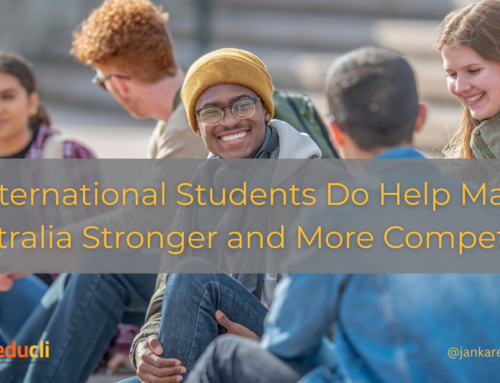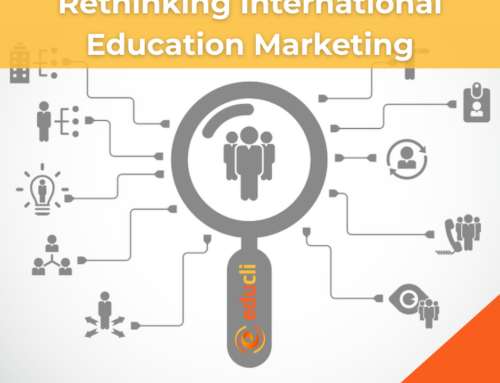Studying abroad is one of the most powerful and life-changing experiences one can have, but also one of the most expensive. In this article, we explore what it really costs, the potential return on investment, and a key but often overlooked factor that determines success: experience.
What is the costs of studying abroad?
1. Tuition Fees
- Language schools: $300–$600/month
- Vocational (VET): $7,000–$20,000/year
- University: $20,000–$50,000+/year
2. Cost of Living
- Accommodation: $700–$2,000/month
- Food & transport: $300–$800/month
- Health insurance: $400–$1,000/year
- Flights & visas: $2,000–$5,000 upfront
Estimated Total Cost (2 years):
$50,000–$120,000+ depending on location and course.
And what is the return on investment?
1. Potential job opportunities
Graduates from English-speaking countries often access high-paying roles in business, tech, or healthcare.
2. Immigration pathways
Studying abroad can open the door to residency—but only if students meet post-study work or skills criteria.
3. Personal growth & global perspective
Living abroad develops independence, adaptability, and cross-cultural awareness.
Why learning local language the is a game-changer?
Whether you’re heading to Australia, Canada, Germany, or Japan, your ability to communicate confidently in the local language is critical.
Let’s take English language as an example. Students who begin their journey with strong English (or start with an English language course):
- Perform better academically
- Build stronger professional networks
- Find jobs faster
- Navigate immigration and social systems more successfully
Therefore, learning the local language is not just a knowledge, it is the foundation for every other outcome.
Many of the most successful international graduates began with a strong focus on language learning in their first 6–12 months abroad. It boosted their confidence, employability, and ability to adapt.
But what are the risks of studying abroad?
1. Underemployment
Without solid language skills, many students struggle to enter their target industry. They end up stuck in casual work or hospitality roles.
2. Financial strain
The cost of study and living can become overwhelming, especially if visa extensions or PR pathways fail.
3. Unrealistic expectations
Some students are misled by advertising that promises success without showing the effort needed, especially in language learning and looking for opportunities.
Is It worth it?
Yes, if:
- One starts with a language course or have strong proficiency.
- One chooses the right country, course, and possible migration pathway.
- One actively engages with the new community.
No, if:
- One invests heavily without a plan.
- One dismisses the importance of communication skills.
- One jumps from one migration pathway.
Final Thoughts
Studying abroad isn’t just about getting a degree, it is about equipping yourself for life in a new country and therefore local language is the first and most critical tool.
For students considering this journey, our advice is simple: Start with language. Mastering it opens every other door.
At Educli, we support international students with smart tools, course planning, and visa pathways. If you’re an agent or provider, we can help bring transparency and better results to your recruitment process. https://forms.gle/aMbtyr6iWFj46j4Z8
#studyabroad #internationaleducation #internationalstudents #studyinaustralia #edtech #educli





Leave A Comment